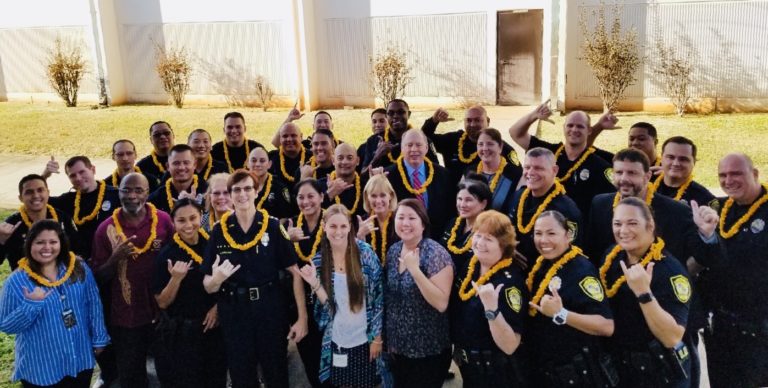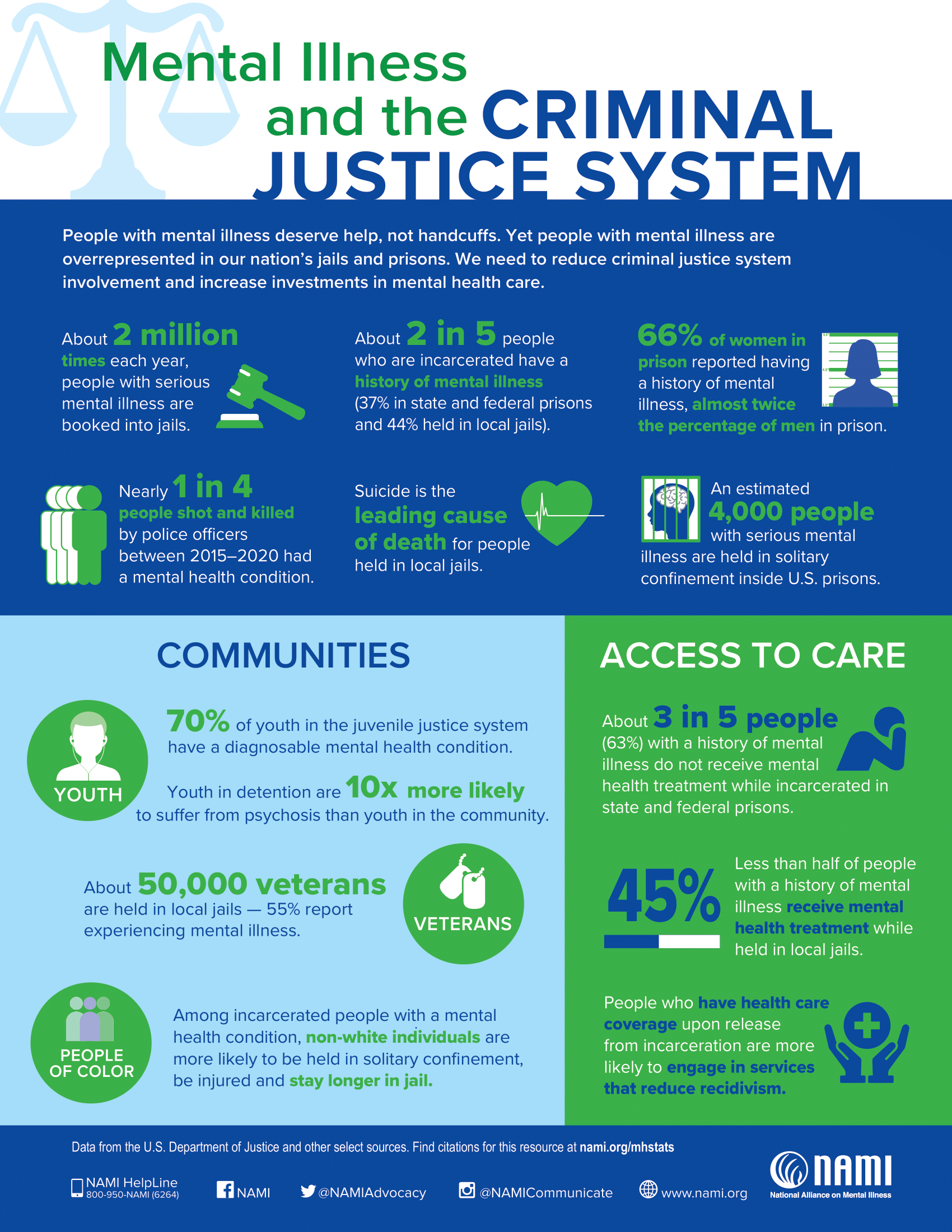Crisis Intervention Team (CIT) Training

CIT is a model that brings together law enforcement, mental health providers, hospitals and individuals with mental illness and their families to improve responses to people in crisis. CIT enhances communication, identifies mental health resources for assisting people in crisis, and ensures that officers get the training and support that they need.
If you or a loved one is in imminent danger to self or others, dial 911 and ask for a CIT officer, who is specially trained to use verbal de-escalation in a mental health crisis.
CIT OFFICERS IN EACH COUNTY*:
Kauai Police Dept – 39
Honolulu Police Dept – 247
Maui Police Dept – 240
Hawaii County Police Dept – 81
*Data as of Dec, 2024
NAMI Hawaii promotes CIT programs by providing local law enforcement, mental health providers and other community leaders with training, information and support.
How NAMI Hawaii Is Involved With CIT:
- Serving as community partners
- Providing education, support & awareness
- Sharing real stories
- Providing feedback
- Building community support
- Coordinating CIT trainings and seminars for law enforcement officers
- Honoring officers’ work
Please contact us for more information.

Resources for CIT programs:
- Crisis Intervention Team (CIT) Programs: A Best Practice Guide for Transforming Community Responses to Mental Health Crises: Developed by CIT International, this guide shares best practices for starting and sustaining CIT programs.
- CIT Coordinators Guide: Guidance for CIT coordinators who have invited a peer or family member to share their personal mental health story during a CIT training.
- CIT for Youth Guide: Tools to help local communities develop CIT programs to respond to youth and young adults who are experiencing a mental health crisis.
- Key Stakeholders: A resource to help think through the stakeholders that are important to effectively addressing your community’s response to mental health crisis.
- Police Mental Health Collaboration (PMHC) Toolkit: A resource supported by the Bureau of Justice Assistance at the U.S. Department of Justice to provide communities with best practices and other resources for addressing law enforcement’s response to mental health crises.
